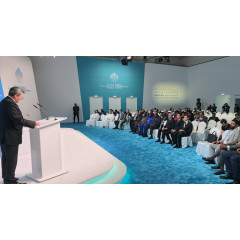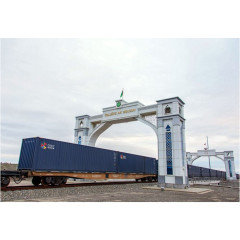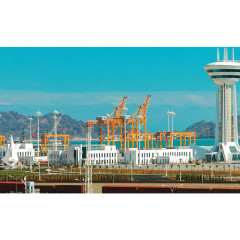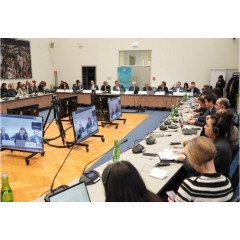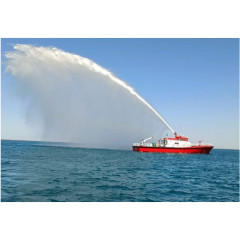

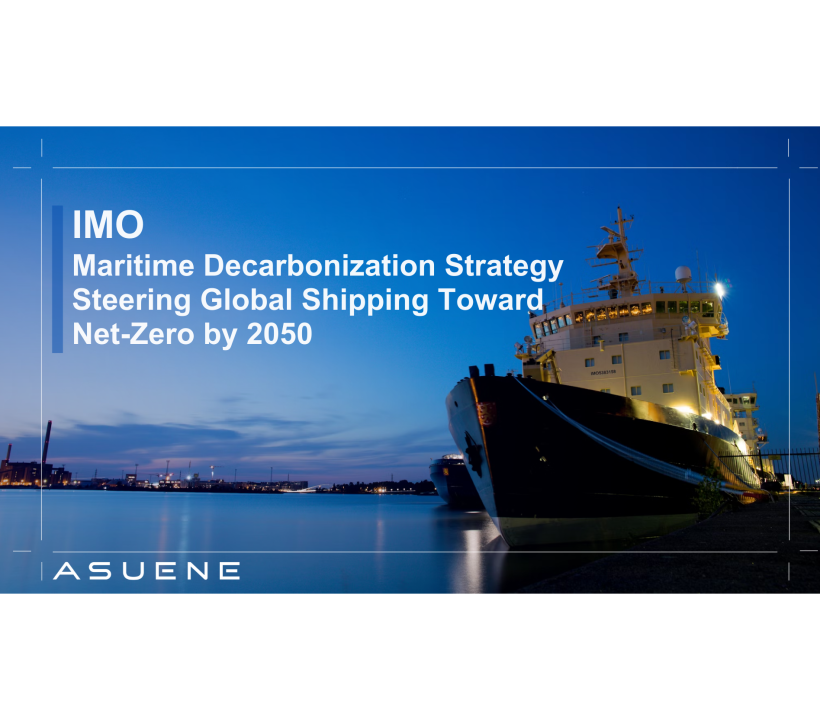
The global shipping industry is undergoing a net-zero transformation, impacting supply chains, business models, ships, ports, and the workforce. New IMO regulations for net-zero fuels and emissions, set for October adoption, emphasize the need for significant investment in decarbonization, including scaling up alternative fuel production and upgrading port infrastructure. This "complete transformation" requires ecosystem-wide collaboration, reported on the official website of the International Maritime Organization (IMO).
Early adopters are already investing, with over 200 ocean liners operating on near-zero emission fuels and 80% of new container ship orders having hybrid capability. The World Shipping Council reports that the liner industry has invested $150 billion in decarbonization, highlighting a "tremendous investment opportunity" in fuel supply.
The "IMO Net-Zero Framework" introduces a global fuel standard limiting GHG intensity and a price on GHG emissions, signaling demand to fuel producers. These mandatory regulations, applicable to all international ocean-going ships, will be reviewed every five years with tightening emission limits.
The transformation also necessitates upskilling nearly half a million seafarers by 2030 and updating safety measures. IMO Secretary-General Arsenio Dominguez stressed moving from commitments to concrete actions, stating that "decarbonization has a cost" and it's time to invest in a sustainable future.

